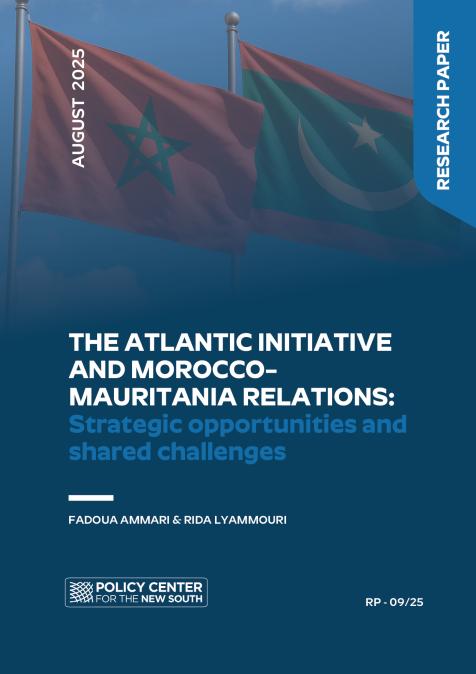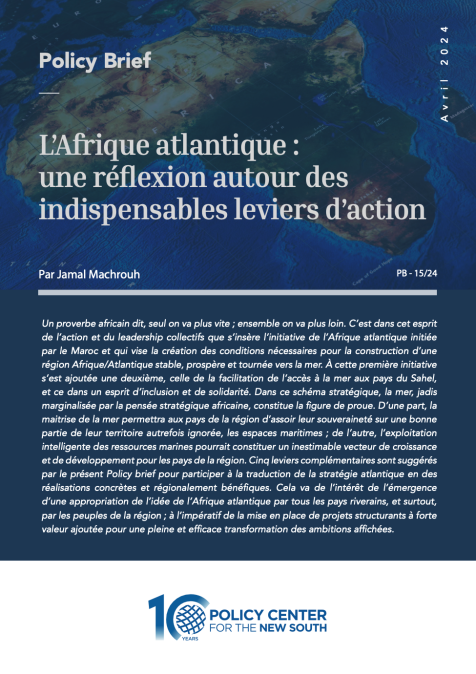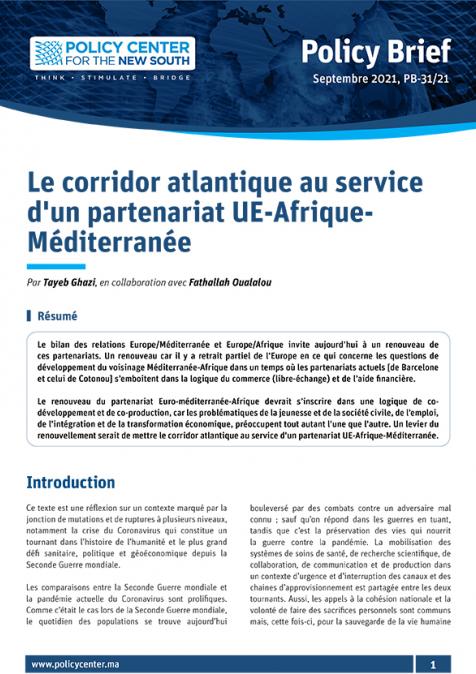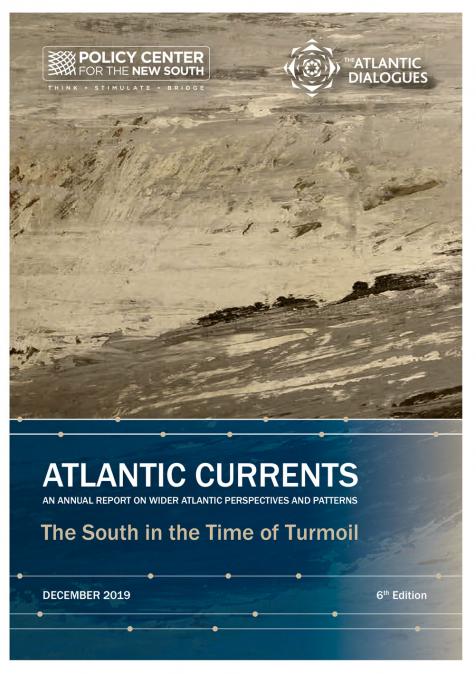The African Continental free Trade Area (AfCfTA) finally entered into force on the first month of 2021, after the 22nd country ratified the agreement. It is a one of the flagship projects of the African Union 2063 agenda, but It is a first step on a long journey to African Economic integration. Reaping the benefits of this mega-project still relies on the effective implementation and the path of the ongoing negotiations on several pending “technicalities”. The impact of AFCfTA can be muted if, for example, non-tariffs Barriers are not flexible and set too complex for African traders. Analysts agree that full implementation is still not expected in the foreseeable future, as more critical questions need to be agreed upon in the next phases, such as investment, competition policy, etc. besides, the lack of access to trade enabling-infrastructure can seriously undermine the scope of the trade agreement. African leaders are, thus, called to put in place a comprehensive and fully fledged infrastructure policy, to advance trade connectivity and remove trade bottlenecks. Should we be confident about the future of the AFCfTA? What role of local industrial policy in the promoting of intra-african trade? How can the AFCfTA set the stage for a new economic partnership with world economic powers?














